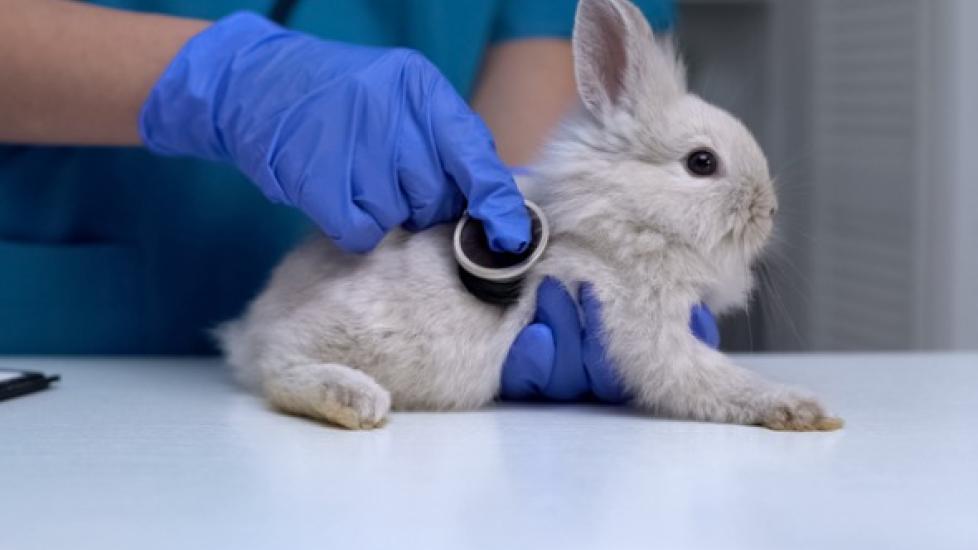Kidney Failure in Rabbits
Renal Failure
Rabbits, much like humans, suffer from renal failure. This causes them to produce less urine and is infrequently due to cases of dehydration. There are two forms of renal failure: acute or chronic. Acute renal failure may occur suddenly because of an accumulation of toxins in the kidney(s), or as a result of an electrolyte imbalance. Chronic renal failure, on the other hand, progresses slowly in rabbits, sometimes over the course of several months.
Symptoms
- Depression
- Inability to eat
- Fever
- Diarrhea
- Seizures
- Lack of stool or inability to produce stool
- Heart complications (often in acute renal failure cases)
- Painful or tender kidneys (when palpitated)
Causes
The causes of chronic and acute renal failure in rabbits vary; acute renal failure (or ARF) may arise from shock, trauma, extreme stress, stroke, heart failure and blood infection.
Meanwhile, a urinary tract obstruction or a urinary tract infection which has spread to the pelvis can bring on either the chronic or acute form of renal failure in rabbits. Aging and diabetes are some other common causes for the condition.
Diagnosis
To diagnose renal failure, a veterinarian will first want to rule out some other potential causes for the rabbit's symptoms, including lymphoma, abscesses, or other types of kidney infections. And although it is rare, cysts in the kidneys can also cause the symptoms listed above.
Laboratory tests on the rabbit may reveal high levels of electrolytes, including potassium or nutrients such as calcium. This may suggest the animal's kidneys are not properly excreting these substances. X-rays, CT scans or ultrasounds may also be performed on the rabbit to reveal potential kidney or bladder stones in the bladder, a common source of pain.
Treatment
A rabbit will generally receive treatment on an outpatient basis. However, if it is experiencing acute renal failure (or crisis), it will require immediate fluid balance therapy to prevent additional injury to the kidneys. Fluids are usually administered intravenously, although the veterinarian may also suggest adding fresh greens to the rabbit's diet for rehydration. If the veterinarian prescribes glycoprotein medication for the rabbit, it is to help with anemia or a low red blood cell count.
Living and Management
Lots of rest, a good diet and adequate consumption of fresh water and greens are important for a good prognosis. Even chronic forms of renal failure can be dealt with by following your veterinarian's instructions and bringing the rabbit in for follow-up care, although older rabbits are less likely to recover with time. Also, rabbits at risk of renal problems should avoid substances that may be harmful to the kidneys including non-steroidal anti-inflammatory drugs (NSAIDs).
Featured Image: iStock.com/Motortion
